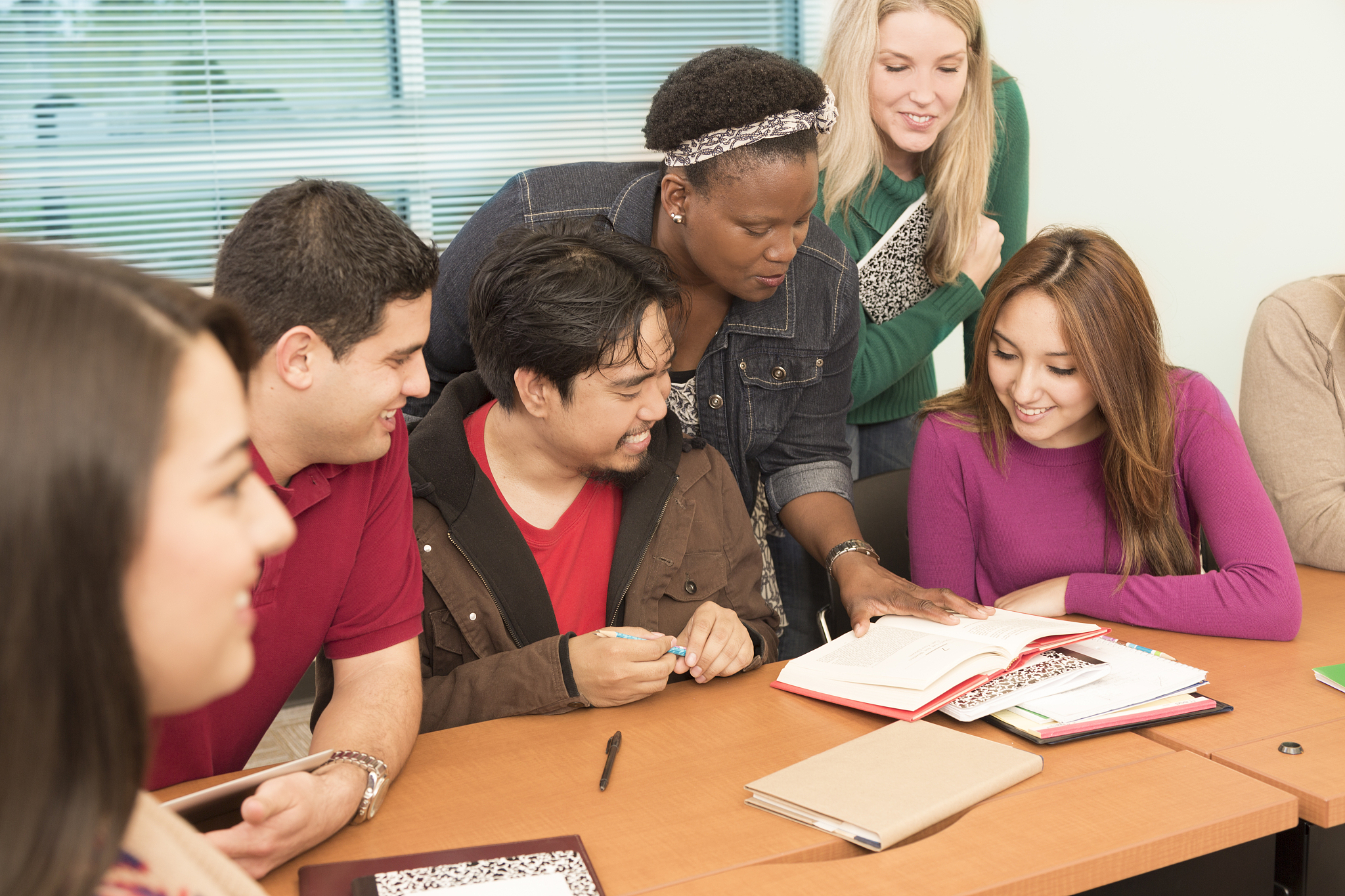Teacher-Student Relationships: A Literature Review
Teacher-Student Relationships: A Literature Review
Abstract
Teacher-student relationships are widely recognized as a crucial factor in the educational process. Positive interactions foster student learning, development, and well-being. This literature review aims to provide a comprehensive understanding of the importance of teacher-student relationships on student learning and development by examining relevant research. The review will explore theoretical frameworks, research methods, key findings, and practical recommendations for improving these relationships.
1. Introduction
The relationship between teachers and students is widely acknowledged as a critical element in the educational process. Positive teacher-student relationships can significantly contribute to student learning, development, and overall well-being. This review aims to delve deeper into the significance of these relationships by synthesizing existing research, providing insights into their impact on student outcomes.
2. Theoretical Frameworks
This section will review and compare various theoretical frameworks that underpin the understanding of teacher-student relationships and their influence on student learning and development. This will include relevant theories from educational psychology, sociology, and education, such as Vygotsky's sociocultural theory, Maslow's hierarchy of needs, and Bronfenbrenner's ecological systems theory.
3. Research Methods
This section will review common methodologies employed in research exploring teacher-student relationships, including questionnaires, observations, and interviews. The discussion will highlight the strengths and weaknesses of each method and propose potential improvements to enhance research reliability and validity.
4. Research Findings
This section will summarize key findings from research on teacher-student relationships. The focus will be on the emotional connection between teachers and students, including elements such as rapport, trust, and respect. Additionally, the review will examine cognitive interactions, such as guidance, feedback, and assessment. Lastly, the section will explore social interactions, including collaborative learning and classroom climate.
5. Practical Recommendations
This section will offer suggestions for educators to improve teacher-student relationships. These recommendations include providing training and support for teacher-student communication, encouraging collaboration and interaction, and establishing a positive classroom environment.
6. Discussion and Conclusion
This section will discuss the research on teacher-student relationships and summarize the practical implications of the findings. The review will also explore future research directions to further understand and improve these relationships.
7. Conclusion
This review examined the impact of teacher-student relationships on student learning and development. The synthesis of relevant research reveals that positive teacher-student relationships have a positive influence on student academic achievement, psychological health, and social adjustment. Therefore, educators should prioritize and enhance these relationships to promote student well-being and facilitate their overall development.
References
Please refer to the complete review for a comprehensive list of references.

原文地址: https://www.cveoy.top/t/topic/qo1J 著作权归作者所有。请勿转载和采集!